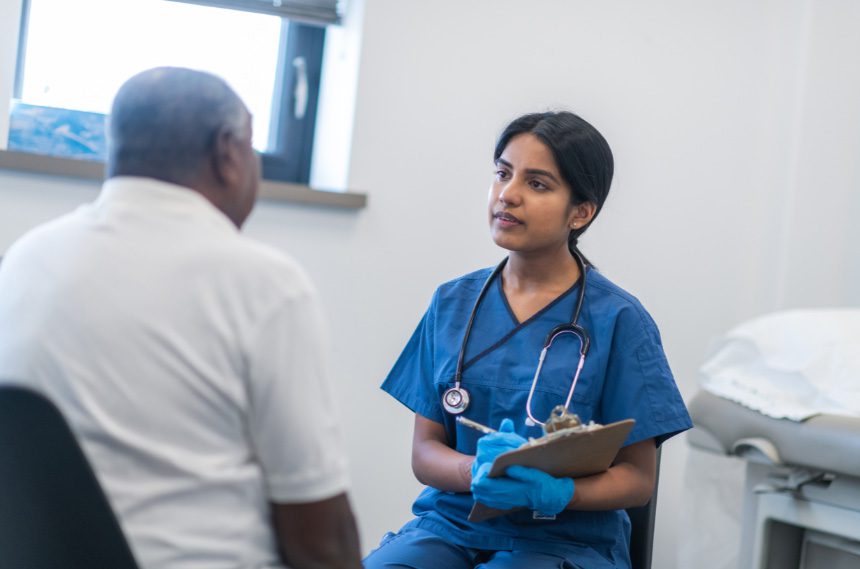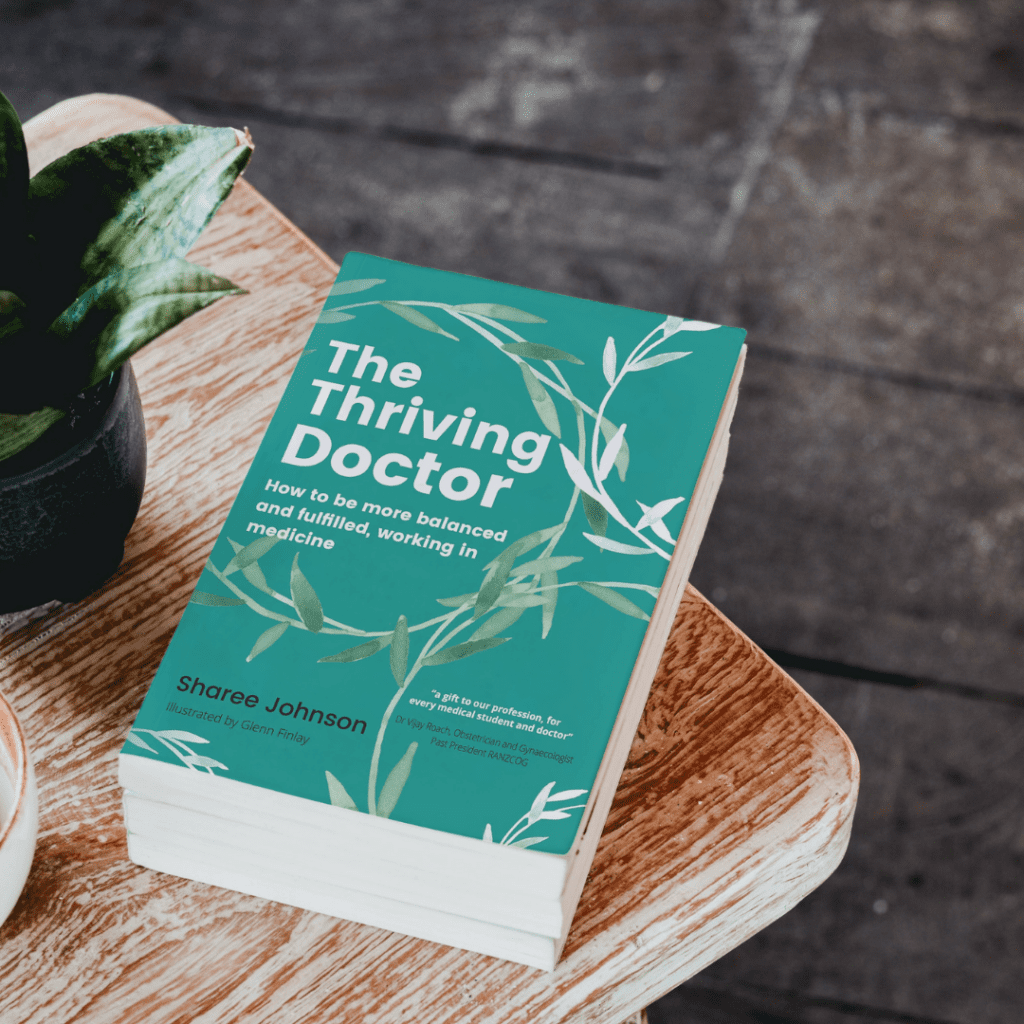The Doctor Cannot Fix Everything, believing they can limits, hurts, us all

The Doctor Cannot Fix Everything, believing they can limits, hurts, us all
Mostly doctors are used to being the brightest star in the sky. I mean that with absolute admiration, there is no ‘tone’ when I say that. Since their inception most medical schools have selected doctors primarily for their academic smarts in STEM. When I first stood in front of a group of doctors as a non-doctor, I was terrified, a voice inside my head banging the drum of they are so smart, what were you thinking?
As patients we have benefited enormously from this strategy, modern medicine is extraordinary in the myriad of ways it can respond to the human body in disease, disorder and trauma, partly because very intelligent people have been at the helm.
Doctors of course are supported by millions of other clever people – researchers, pharmacologists, biotech scientists, engineers of all kinds, and so on…
And, at the end of the day, it is the medical doctor who delivers the response, the treatment, the surgery, the diagnosis. It is the doctor who sits in the room with the people who are suffering over and over.
This very real truth, that as a doctor you will sit in a room over and over again with people who are suffering, makes being a doctor special. Of course, nurses, psychologists, social workers, physiotherapists, meditation teachers, lawyers, priests, hairdressers, taxi drivers, school teachers, … all sorts of people, also sit with people who are suffering.
Unlike these other roles, when a suffering person sits with a medical doctor, the doctor believes it is their job to fix them. More often than not, at least in my experience listening to hundreds of doctors, the doctor feels inadequate if they can not fix something for the person in front of them, like they have failed.
Intellectually the doctor knows they cannot fix everyone they meet. The evidence before them is not ambiguous, every doctor I have ever met, has had more than one patient they have not been able to fix. And every doctor I have ever met, knows of this absolute evidence, that no doctor who has ever practiced has been able to fix every patient they have met. Intellectually.
So why this underlying belief that if I can’t fix the patient’s problem I have failed? Or worse, I am a failure, not good enough.
Well partly it’s because as a whole community we also have this expectation and reinforce it. I’m a registered psychologist. I had a counselling practice for 12 years. When a person goes to see the psychologist, they hope it will help. If they are taking that step, they surely want to find some relief in life, a way forward that is somehow better. They don’t necessarily assume they will be fixed, and they expect to actively participate in the process. The person surely wants the interaction to result in something better, but it is not guaranteed. I’m not convinced that the person assumes they will be fixed.
So why are we all fixated on the idea that we will take our problem to the doctor and they will fix it? There is no magic. Doctors are allergic to any notion of what they refer to as “woo” and yet this belief is all pervasive, causing deep disillusionment, hurt, in many doctors.
There are still more questions unanswered, than answered. The human body is exquisitely complex and the variations in anatomy and chemistry of people and their diseases are endless.
The story that the doctor will fix the problem has outgrown its practical use, setting up false expectations in the patient and in the medic. Contributing to the doctor’s risk of burnout, disillusionment and distress.
Fixing is okay for simple problems. When the problem is complex and systemic like diabetes, cancer, an autoimmune disease, childhood trauma, grieving; fixing should not be the goal. Management, validation of the person’s experience and care, are our goals.
Integration or acceptance or a new perspective provide the way forward, fixing is unattainable.
My husband Tim died of cancer at 41 years of age. Modern medicine, complimentary therapy and ancient wisdom couldn’t fix his physical body, though each helped extend his life for sure. I carry the grief of this deep abiding loss in my body, I am not asking for anyone to fix it, I am not broken. I am the sum of my experiences and my relationships, constantly working on integration, needing care, not fixing.
What might happen if we all shifted our collective mindset from needing the doctor to fix us. What could happen if we considered the doctor to be a vital part of our team, valued for their skill and experience, not the answer to all our problems?
What if our doctors put down this life long expectation that because they are STEM smart, they can fix all the human suffering they meet? What if patients were treated like responsible adults with vital information essential for the decision making and were actively engaged in their healthcare, including prevention of disease? Partners in terms of decisions and responsibility.
I can hear medics objecting, what of the need to strive? What of the benefit of ambition? We need to believe we can find the answers, solve problems, push the envelope.
I whole heartedly support curiosity and courage in doctors, researchers and patients. Curiosity for everyone, beginners mind helps us avoid assumption and habituated thinking, giving us a doorway to innovation and creativity.
Complex problems require our collective bravery and ongoing inquiry, our willingness to be wrong, to be open to the previously unseen, unimagined. Doctors do not have all of the answers and believing they do is a limiting strategy for them, their families, their colleagues and their patients. It’s in the cross section of ideas and experience that something unseen can be seen. Synergistic learning is a force multiplier. Grasping at outdated roles is a waste of everyone’s energy and aspiration.
Are you curious enough to run an experiment?
Let go of the expectation that your role as the doctor is to fix. Replace it with your role is, to work in partnership with patients, being curious about their experience, their needs and values. Take yourself off the big hook of needing to fix except in the simplest of situations.
Be curious, how do you feel?
How is it to be working as a doctor inside this mental frame?
Our expectations set us up. If we think it is bad it is, if we think it is good, it is.
Our expectations dictate how we experience the world.
Being a curious doctor instead of a fixing doctor might surprise you and your patients.
- Whether you are the doctor or the patient: Stop thinking of the doctor as Dr Fixit
- Doctors and patients do best, in partnership, as a team
- Medical culture supports and promotes the doctor as special, as the pinnacle of the hierarchy. Doctors are humans with a role to play, not the ultimate knower of all things even at the top of the hierarchy.
- Complex problems require complex solutions – multidisciplinary teams, group consultations, mental fitness skills for all team members.
I have written about this unhelpful belief of doctor as fixer several times before.
Our immersion program Recalibrate© is an incredibly effective process for challenging beliefs that undermine doctors.
Registrations for 2025 are open and places are limited.

The Thriving Doctor
Sharee Johnson’s book The Thriving Doctor is available in all good bookstores or online.
Sharee has been coaching doctors since 2014, find out more about her work